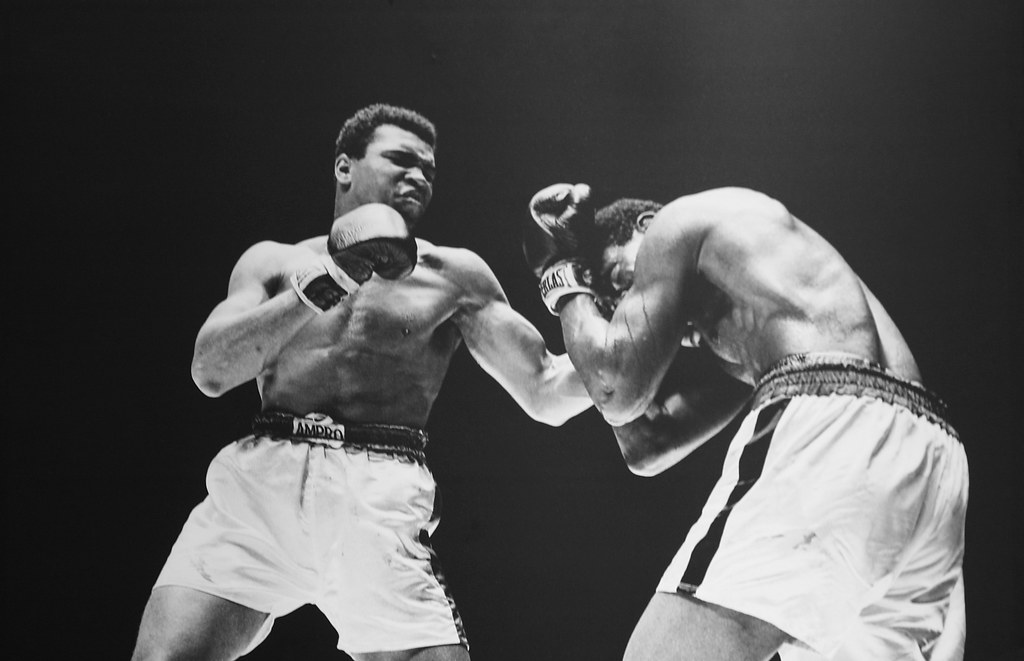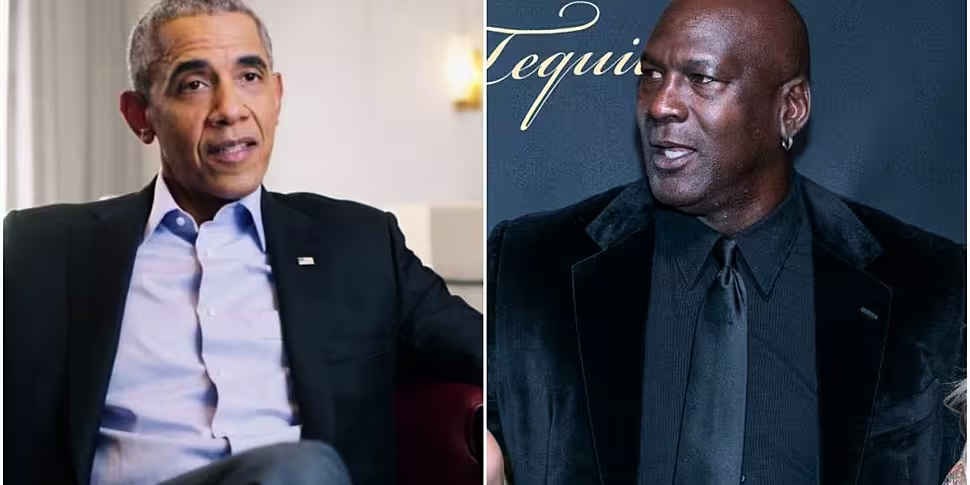It's early in the week, which means it's our latest Off The Bull - where we review (in-depth) the latest episodes of the Michael Jordan documentary, The Last Dance.
Two episodes are thrown in our direction every Monday, and we have Kieran Donaghy, Jarlath Regan, and Ronan Mullen join Eoin Sheahan to look back at the best bits.
One theme that came up this week was Jordan's apolitical nature - a seeming awareness on his behalf that he needed to keep his political and social views to himself in favour of keeping his brand intact.
Harvey Gantt was a North Carolinian politician who, at the height of Jordan's fame, ran for the U.S. Senate for the southern state against Jesse Helms, a man with very conservative views who ultimately was to be elected to the U.S. Senate five times.
Jordan's refusal to publicly endorse Gantt leads to questions from many, including former U.S. President Barack Obama, a Chicagoan himself and interviewee in the documentary.
Jarlath Regan makes the point that Jordan did at least allow some negative views about his lack of social justice to air in the documentary.
"There is a turning of a blind eye. I thought fair dues to Mike for allowing Barack Obama to express his disappointment with him during this period. Because the independence of this documentary has to be questioned because Mike has his hands on the reigns.
"He did allow one of the most beloved President's of all time to express how disappointed he was that he didn't speak up, especially in that election race, and the comment 'Republicans buy sneakers too.'
"I think people would have been okay with [his gambling] if he had been doing a lot of social justice work, and was very politically active."
“I was gonna guard him for 48 minutes if I had to.”
Rookie Kobe wanted MJ 🐐 x 🐍 #TheLastDance
(via @Lakers)pic.twitter.com/73uHEllXTT— ESPN (@espn) May 4, 2020
Ronan interjected to say it is unfair to expect top-level sportspeople to have opinions on every election and social issue that comes up.
"Jesse Helms was a reprehensible character, there's no getting away from that. Should sportspeople be prescribed role model status? It shouldn't be a mandated thing I don't think, just because you're an unbelievable sportsperson.
"The Muhammad Ali comparison is a fair one because they're on a similar Mount Rushmore so to speak. But Muhammad Ali was a villain anyway, he had nothing to lose in that time of his life. He saw the begrudgery against his success and said 'I have nothing to lose!'
"Michael Jordan is quite the opposite... walking a very fine line. He had to be very prim and proper to make his money. It's very easy to look back retrospectively and say he should have done this and that, but you have to look after yourself at a certain point. Nobody's perfect!

"He said he never thought of himself as an activist, but how many people do think of themselves as activists? This man is a professional sportsperson at the top of his field, he doesn't have time to be going out putting out fires on a social sphere all the time."
Former Kerry star Kieran Donaghy agreed and said if he had accepted every offer during his inter-county career, he would have been a busy man.
"He said 'I'm a basketball player.' He never thought of himself as an activist, he didn't want to do it. I've had people approach me, 'Will you run for this party, will you do this for this party, will you join this fella?'
"If you've no real interest in it, and I don't think Jordan had, you just don't want to do it!"
Download the brand new OffTheBall App in the Play Store & App Store right now! We've got you covered!
Subscribe to OffTheBall's YouTube channel for more videos, like us on Facebook or follow us on Twitter for the latest sporting news and content.








